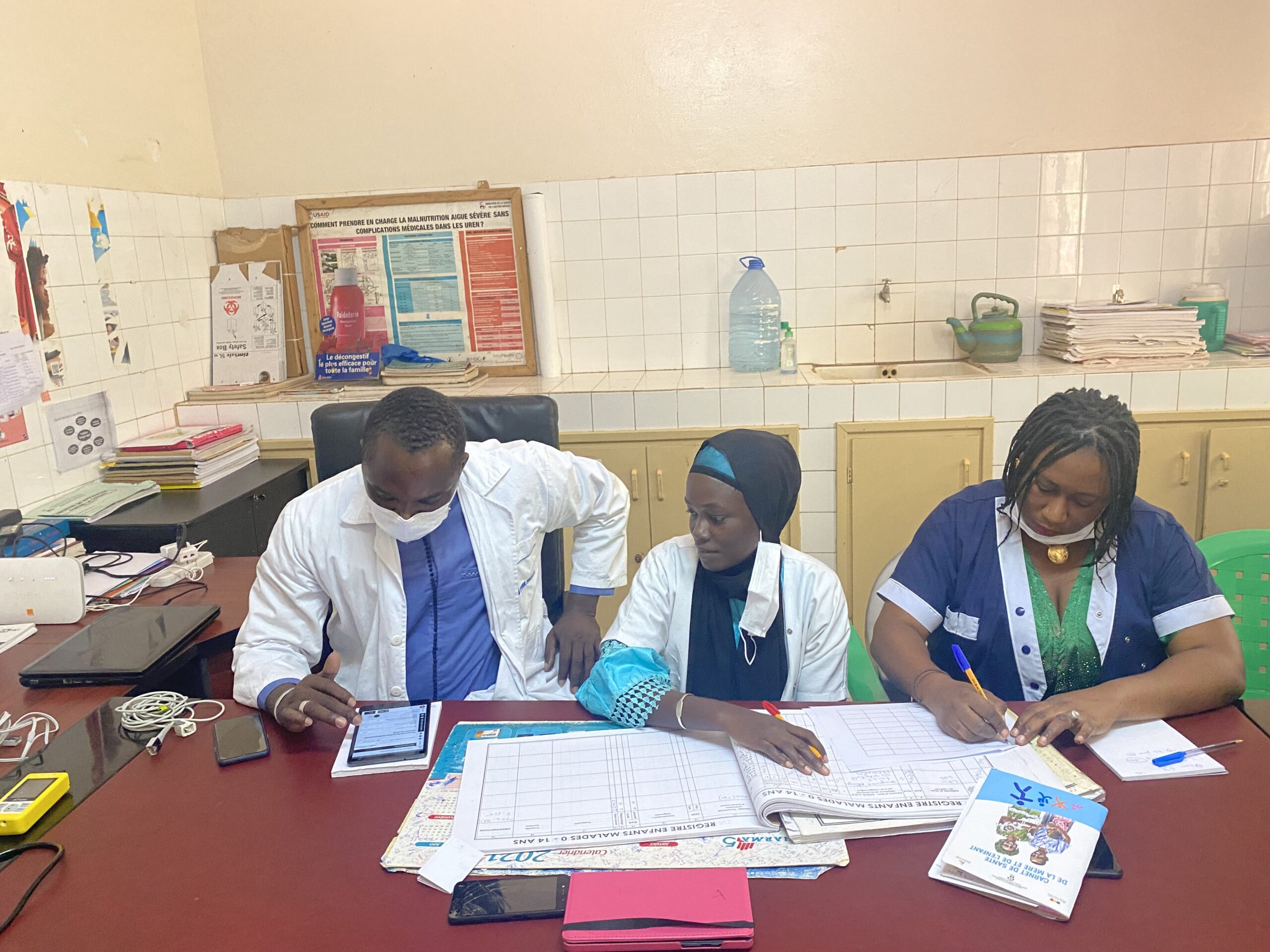Electronic Clinical Decision Algorithms and Machine Learning to Improve Quality of Care and Clinical Outcomes for Sick Young Infants in Resource-Limited Countries
Almost half of all deaths in children in the first five years of life occur in the neonatal and early infant periods. Electronic Clinical Decision Support Algorithms (eCDSAs) can help guide health workers in appropriate and evidence-based patient evaluation and management and have demonstrated benefit in improving clinical care for children. However, no such tool has been validated or tested for managing sick young infants in outpatient care settings in low- and middle-income countries (LMICs). The researchers will evaluate the effects of an eCDSA for neonates and young infants on the quality of care delivered and clinical outcomes among young infants in four LMICs. The investigators aim to enhance the prognostic and diagnostic performance of the algorithm using machine learning methods.
Appropriate clinical management of sick young infants requires care by highly trained and specialised health care workers, who are rarely available at primary care health facilities in low- and middle-income countries (LMICs). Electronic Clinical Decision Support Algorithms (eCDSAs) may provide a solution by providing guidance to help health workers with evaluating and managing young patients. eCDSAs have demonstrated benefit in improving clinical care for older children up to five years of age, and the World Health Organization recommends their use. However, to date, no such tool is available for managing sick young infants in LMICs. The researchers will develop and test an eCDSA module specifically for young infants.
The goals of the project will be to determine factors that influence uptake and use of the eCDSA, to inform effective scale-up and roll-out in other LMIC settings. If effective, the eCDSA will improve severe disease detection and the quality of care that young infants receive. The outputs of the project have the potential to impact millions of sick young infants in LMICs and ultimately reduce mortality in this high-risk population.
Leveraging a large ongoing implementation research platform targeting care of children in Tanzania, India, Senegal, and Kenya, the researchers will evaluate the performance of this novel young infant module in terms of clinical outcomes and effect on health worker adherence with evidence-based guidelines and appropriate management. Using machine learning methods, they will further enhance the algorithm to improve the prognostic and diagnostic performance of the eCDSA, which is based primarily on evidence-based national and global empiric treatment guidelines in each country.
Banner image above: Health workers in Senegal pilot test the electronic clinical decision support tool to manage sick young infants.

Health workers in Senegal pilot test the electronic clinical decision support tool to manage sick young infants. Image: Gillian Levine
Additional Information
- The research is part of the Postdoctoral Excellence Programme.
- PEP fellow Dr Gillian Levine is hosted by BRCCH-funded Principal Investigator Dr Tracy Glass (Swiss TPH).

